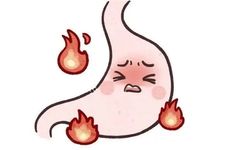In Traditional Chinese Medicine (TCM), there is a saying: “Thin people have more deficiency heat, while fat people have more phlegm-dampness.”
This theory originates from the Suwen Yin Yang Yingxiang Daluo: “Thus, accumulated Yang is heaven, and accumulated Yin is earth. Yin is quiet, Yang is dry; Yang generates Yin and promotes its growth, Yang kills and hides Yin, Yang transforms into Qi, and Yin forms shapes.”
“Yang is active, and Yin is passive.” Obese individuals (Yin excess, Yang deficiency) often exhibit a strong physique with weak Qi, making it difficult for bodily fluids, Qi, blood, and kidney essence to circulate, leading to stagnation and the accumulation of phlegm-dampness. In contrast, thin individuals (Yang excess, Yin deficiency) often have excess fire; when Qi is abundant, it transforms into fire, which consumes Yin fluids, resulting in deficiency heat symptoms.
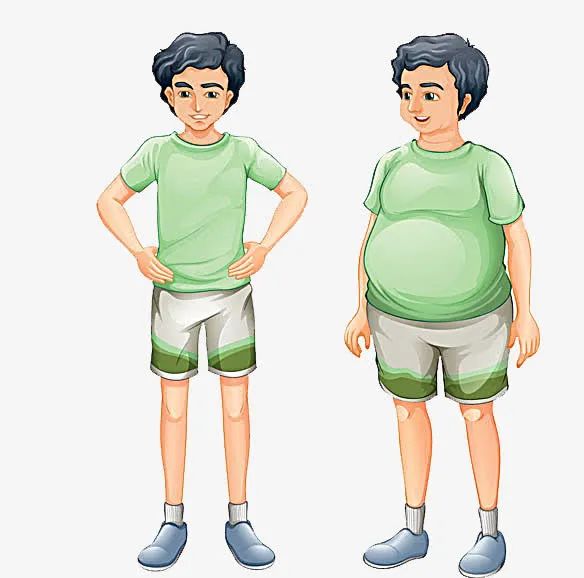
How is Phlegm-Damp Constitution Formed?
 The phlegm-damp constitution is primarily due to the mutual accumulation of phlegm and dampness, related to the dysfunction of the Spleen (Pi), Stomach (Wei), San Jiao (Triple Burner), and Kidney (Shen). TCM believes that the Spleen governs transformation and transportation, which includes the transformation of food and fluids. The essence of food and fluids is transformed into Qi and blood by the Spleen and Stomach, which then circulate to nourish the entire body.
The phlegm-damp constitution is primarily due to the mutual accumulation of phlegm and dampness, related to the dysfunction of the Spleen (Pi), Stomach (Wei), San Jiao (Triple Burner), and Kidney (Shen). TCM believes that the Spleen governs transformation and transportation, which includes the transformation of food and fluids. The essence of food and fluids is transformed into Qi and blood by the Spleen and Stomach, which then circulate to nourish the entire body.
If the Spleen’s ability to transform food and fluids is impaired, the body’s digestive and absorption functions will also be disrupted, leading to symptoms such as abdominal distension and loose stools. If the Spleen is deficient and unable to transform effectively, it will inevitably lead to the accumulation of fluids in the body, resulting in stagnation and the formation of turbid phlegm. As Qing Dynasty physician Wang Yanchang stated: “When not ill, fluids become fat; when ill, they turn into dampness and phlegm.” Therefore, it is often said that “the Spleen is the source of phlegm” and “Spleen deficiency leads to edema.”
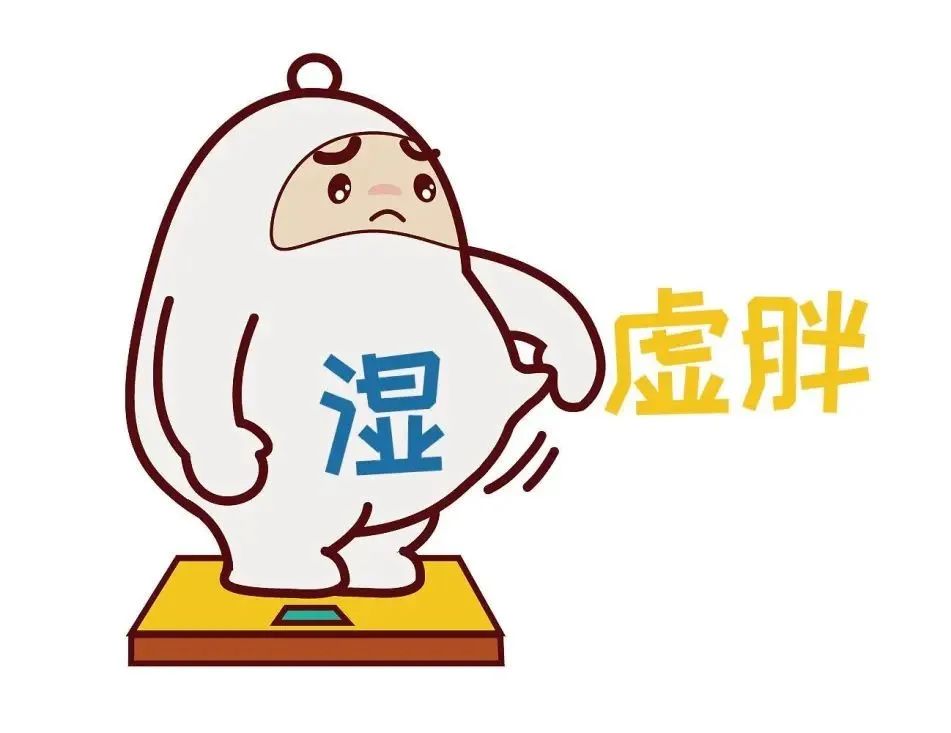
The phlegm-damp constitution is often caused by various factors leading to dysfunction in the Qi transformation of the organs, resulting in the stagnation of Qi, blood, and fluids, which leads to the accumulation of dampness and phlegm. For example:
1. Cold-damp invasion, humid climate, exposure to rain or water, or prolonged residence in damp areas can lead to dampness invasion of the body, causing the Spleen and Stomach to be obstructed, impairing the transformation of fluids, resulting in the accumulation of dampness and phlegm in the lungs.
2. Overeating, excessive consumption of rich and fatty foods and alcohol can damage the Spleen and Stomach, lack of exercise can lead to sluggish transformation, preventing the proper processing of fluids and the distribution of the essence of food, resulting in internal dampness and phlegm accumulation.
3. Aging or chronic illness can weaken the Spleen and Stomach, reducing their transformation function or leading to Kidney Yang deficiency, which can result in the internal generation of phlegm-dampness.
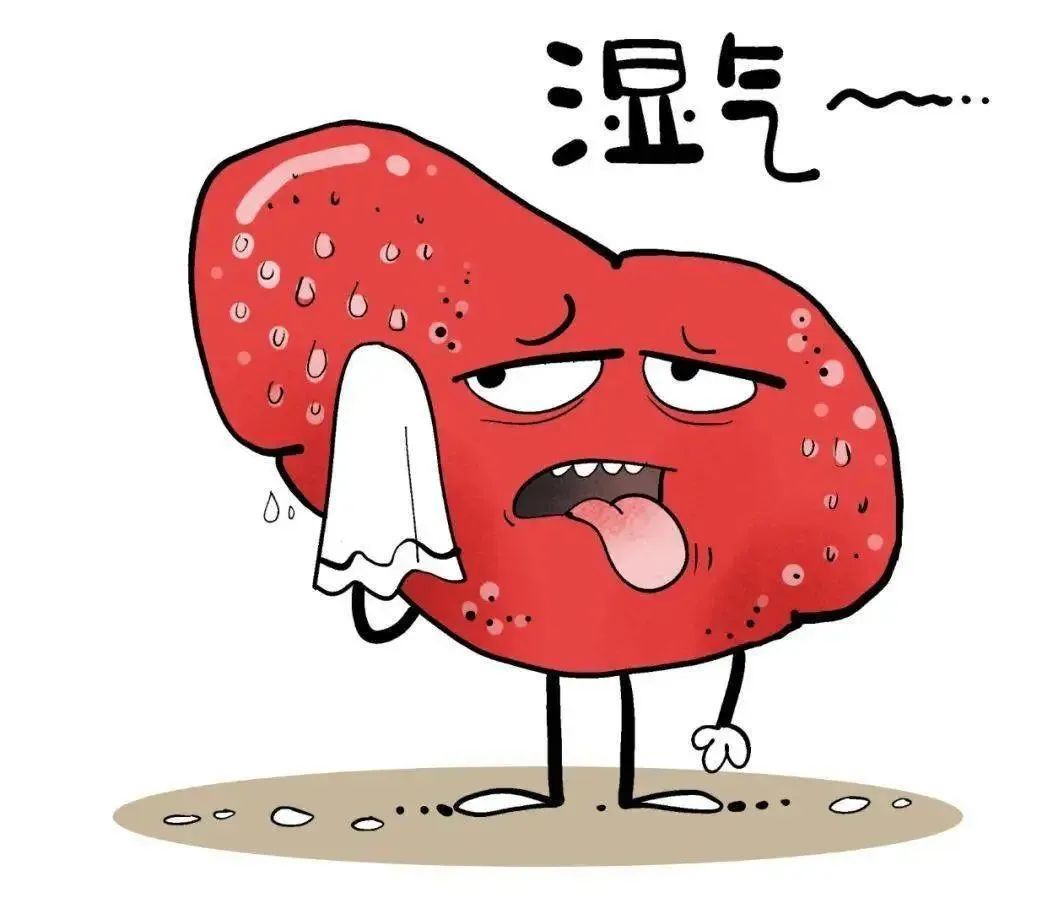
Seven Major Manifestations of Phlegm-Damp Constitution

- Obesity, especially a soft and full abdomen, with limbs prone to swelling, oily skin on the face, pale yellow complexion, and slightly swollen eyelids;
-
Large tongue with a slippery and greasy coating, thick, with a white or yellow tongue coating, and teeth marks on the sides;
-
Prone to sweating, with a preference for sweet and fried foods;
-
Chest tightness with phlegm, persistent cough, and a sticky throat;
- Frequent sweating, with sticky sweat, a heavy body feeling, and easy fatigue, especially uncomfortable in humid environments;
-
Weak Spleen and Stomach function, prone to indigestion, abdominal distension, frequent unformed stools, and difficulty with bowel movements;
-
For women, clear, scanty, and white vaginal discharge.
Once phlegm-dampness is formed, it can lead to the aforementioned conditions in the body.
It can travel with Qi, leading to fatty liver if it reaches the liver, forming a “barrel waist” or “pot belly” if it accumulates in the waist and abdomen, and causing facial and limb edema if it settles in the skin and muscles.
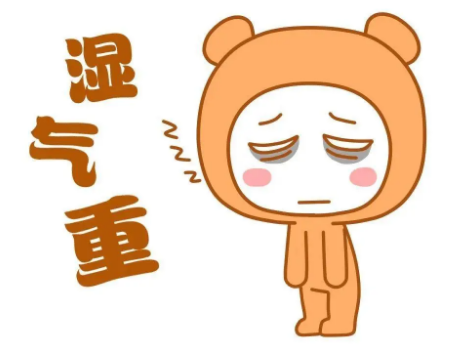
Why Do Thin People Have More Deficiency Heat?

“Thin people have more deficiency heat” because they have less dampness in their bodies, presenting a “dry” state. Some thin individuals may eat a lot but still do not gain weight; these individuals often have excessive Yang energy and internal heat.
TCM emphasizes the balance of Yin and Yang; fire represents Yang, and water represents Yin. If there is an excess of Yang energy, it can easily lead to Yin deficiency and reduced fluids. Such individuals typically belong to the category of Kidney Yin deficiency with low fluids, resulting in relative excess of Yang energy and continuous internal heat, causing symptoms of excess heat. Those with Yin deficiency and low fluids often appear dry and thin, with stiff joints and muscles.
The Yiyuan states: “Internal dryness arises from the lungs, stomach, and kidneys, with the stomach being the most significant and the kidneys being particularly important.” “The lungs are the source of the distribution of essential fluids, the stomach is the foundation of the generation of essential fluids, and the kidneys are the root of the distribution and generation of fluids.” Internal dryness is centered around the kidneys; if Kidney Yin is deficient, fluids will dry up and transform into dryness, further depleting fluids. Due to the loss of Yin fluids over time, Yin deficiency leads to excess heat, which damages Yin and dries up fluids.
Some individuals are born with this Yin deficiency and excess heat constitution, while others develop it due to lifestyle habits, such as a preference for spicy foods and alcohol, which can easily generate heat and lead to Yin deficiency. Others may have irregular sleep patterns, which can also damage Yin fluids. This is akin to needing a pot of hot water; if the “fire” inside is too strong, the water will boil down to half, resulting in insufficient fluids for the body, leading to internal heat and excess.
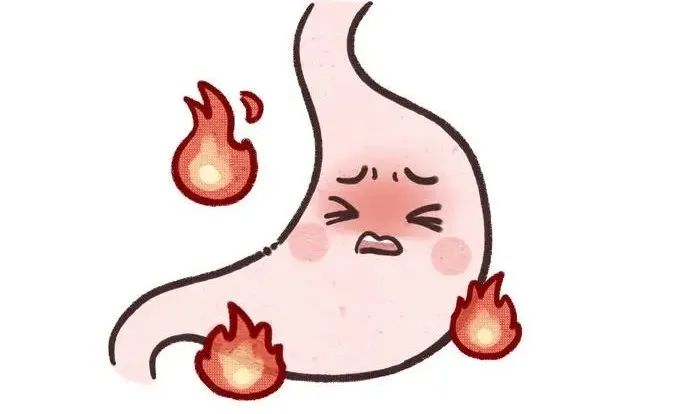
In fact, the saying “thin people have more heat” only describes half of the characteristics of thin individuals; the other half is that thin people often have blood deficiency and Yin deficiency. The so-called “thin person” is also determined through observation, indicating a lean physique and insufficient fullness.
Yin and blood deficiency primarily manifests as symptoms such as dizziness, blurred vision, tinnitus, insomnia, palpitations, and numbness in the limbs, along with signs such as a pale or sallow complexion, pale nails or lips, weak and thin pulse, and a pale tongue.
If there is excess heat due to Yin deficiency, symptoms may include five-center heat, dryness of the throat and mouth, irritability, and night sweats, along with signs such as flushed cheeks, a red tongue with little coating, and a thin, rapid pulse.

The Green Finger Green Application Therapy technology targets individual constitutions, providing differential treatment for phlegm-damp constitution by regulating Qi, strengthening the Spleen, dispelling dampness, and transforming phlegm; for Yin deficiency with excess heat, it nourishes Yin, tonifies the kidneys, boosts Qi, benefits Yin, clears heat, and nourishes blood to moisten dryness. Each treatment is tailored to the individual, addressing the root cause and harmonizing the five organs and six bowels comprehensively.
Point Application Therapyis an ancient external treatment method in TCM, based on TCM theories and principles of holistic view and differential diagnosis. It selects appropriate herbs to be applied to acupoints according to meridian theory, which can unblock meridians, harmonize Qi and blood, and adjust the balance of Yin and Yang in the organs, achieving the effect of treating internal diseases through external methods. The herbs used in point application therapy are absorbed through the skin at acupoints, bypassing liver and kidney metabolism, thus not harming liver and kidney functions. It is safe, painless, widely applicable, and has significant efficacy, making it well-accepted by patients. Through point application therapy, the body’s functions can be adjusted as a whole, enhancing immunity and physical constitution, and leveraging the advantages of preventive treatment.

Long press the QR code to follow us
Share TCM techniques
Spread TCM knowledge
Create a renowned physician

Scan the QR code
Enter the Student Center
View more courses

